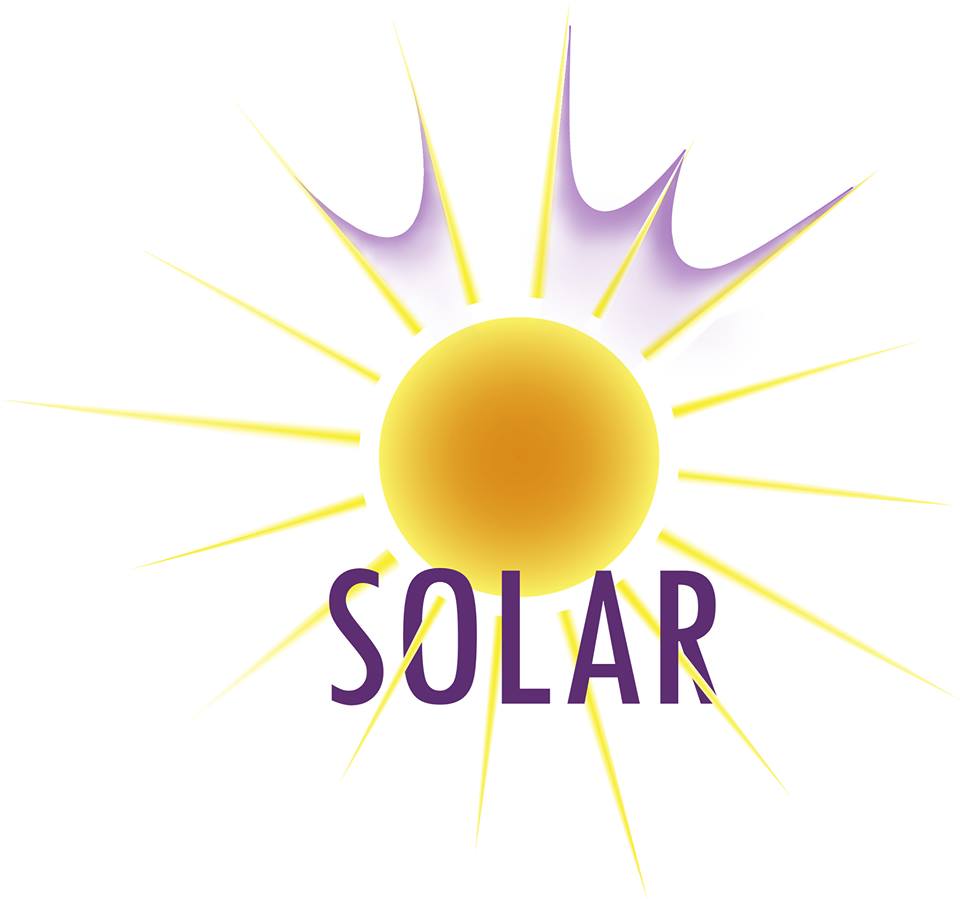There are 11 students that are volunteering their time to develop the feasibility study, design and implement the UW-Solar project. These students range from undergraduates to Ph.D. students and represent over 5 Schools and Departments within the University of Washington.
There are three project leaders that manage the rest of the team. The leaders run each sub-section of the project ensuring all the necessary items are completed with appropriate timeliness and high standard.
Stefanie Young – Manager of Solar Feasibility
Candidate, Interdisciplinary PhD in Urban Planning and Design, College of Built Environments.
Jonathan Olds – Manager of Stakeholder Contacts, Permitting, and Approvals
Masters of Public Administration Candidate in the Evans School of Public Affairs and Masters of Urban Planning and Design Candidate in the College of Built Environments.
D.C. Grant – Manager of Industrial Control Systems
Masters of Infrastructure, Planning, and Management Candidate in the Department of Urban Design and Planning, College of Built Environments, and National Science Foundation Cyber Corps Scholarship for Service Recipient.
The rest of the team complements the work and experience the team managers have and the division of labor that is required for the project.
Kristen Gelino
Master of Urban Planning Candidate, College of Built Environments, with a specialization in environmental planning.
Michele Hill
Master of Urban Planning Candidate, College of Built Environments, with a specialization in environmental planning.
Otis Alexander
Bachelors of Computer Science and Systems Candidate, in the Institute of Technology. Applied Distributed Computing Lab, the Smart and Secure Computing Research Group, at UW Tacoma.
Kyle Nichols
Masters of Infrastructure, Planning and Management Student in the Department of Urban Design and Planning, College of Built Environments.
Casey Rodgers
Master of Science in Information Management Candidate, the Information School, National Science Foundation Cyber Corps Scholarship for Service Recipient.
Justin Brecese
Master of Science in Information Management Candidate, the Information School, National Science Foundation Cyber Corps Scholarship for Service Recipient.
Our faculty advisor is Assistant Professor Jan Whittington, MCRP, PhD, of the Department of Urban Design and Planning, Assistant Director of the Masters of Infrastructure Planning and Management Program, and Associate Director of the University of Washington Center for Information Assurance and Cybersecurity. Her research and professional practice span infrastructure development and finance, the economics of infrastructure, and environmental science.
As the project continues through Winter quarter, the project roles and responsibilities will become more defined.
